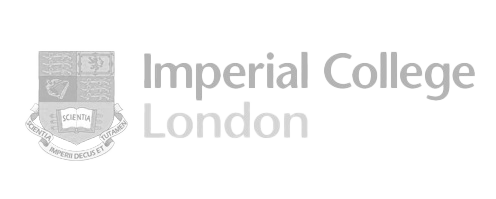Thyroiditis
A cure that begins with diet
In cases of both hyperthyroidism and hypothyroidism, assessing inflammation caused by food and sugar is essential for treatment..

- Hyperthyroidism: when the thyroid produces an excessive amount of thyroid hormones
- Hypothyroidism: when the thyroid does not produce enough thyroid hormones
- Graves’ disease: one of the most common causes of hyperthyroidism, in which the immune system produces antibodies that overstimulate the thyroid
- Hashimoto’s thyroiditis: a common form of hypothyroidism caused by an autoimmune inflammatory condition
- Hyperthyroidism: irritability, weight loss, increased heart rate, and anxiety
- Hypothyroidism: fatigue, weight gain, constant feeling of cold, and depression
- Graves’ disease: weight loss, irritability, heart palpitations, bulging eyes, goiter
- Hashimoto’s thyroiditis: fatigue, weight gain, neck swelling, dry skin
TSH levels can return to normal by identifying and addressing inflammation caused by food and sugar
Resolve with the PerMé Medical Program
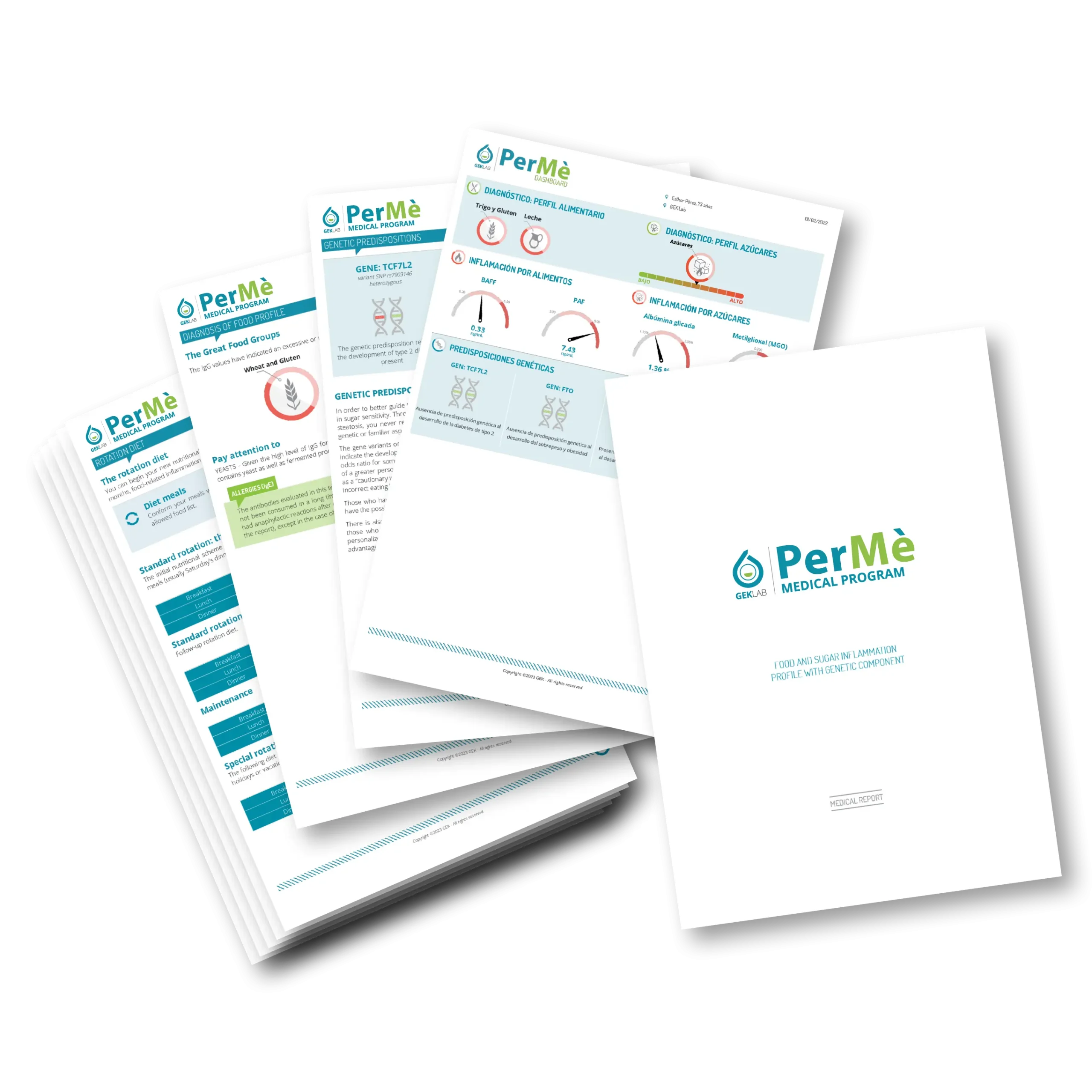
Simple test, clear results
- The level of BAFF, an inflammatory cytokine linked to diet, which plays a key role in the onset and maintenance of thyroiditis
- Damage caused by excess sugar, which alters thyroid function by lowering FT3 and FT4 levels and promoting an increase in TSH
- Genetic predisposition to developing autoimmune diseases (such as Hashimoto’s thyroiditis), obesity, diabetes, and fatty liver disease
- If you are consuming an excess of sugar or certain foods
- If this excess is causing a latent inflammatory state, which can trigger and sustain thyroiditis
- How to rotate foods in your weekly diet to help rebalance thyroid hormone levels
- Symptom regression
- Improved energy levels
- More mindful eating
- If your diet is too heavily weighted toward sugar or carbohydrates
- If there is a latent inflammatory state caused by sugar
- If you are genetically predisposed to autoimmune diseases (such as Hashimoto’s thyroiditis), as well as diabetes, obesity, or fatty liver disease

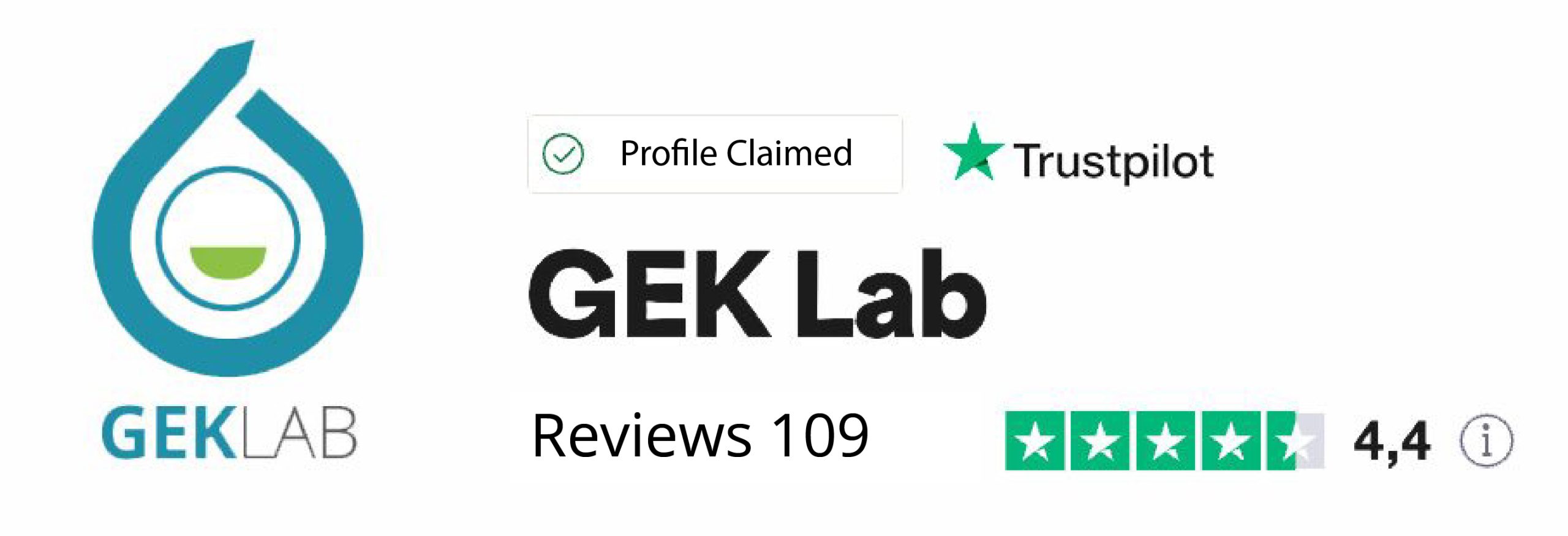

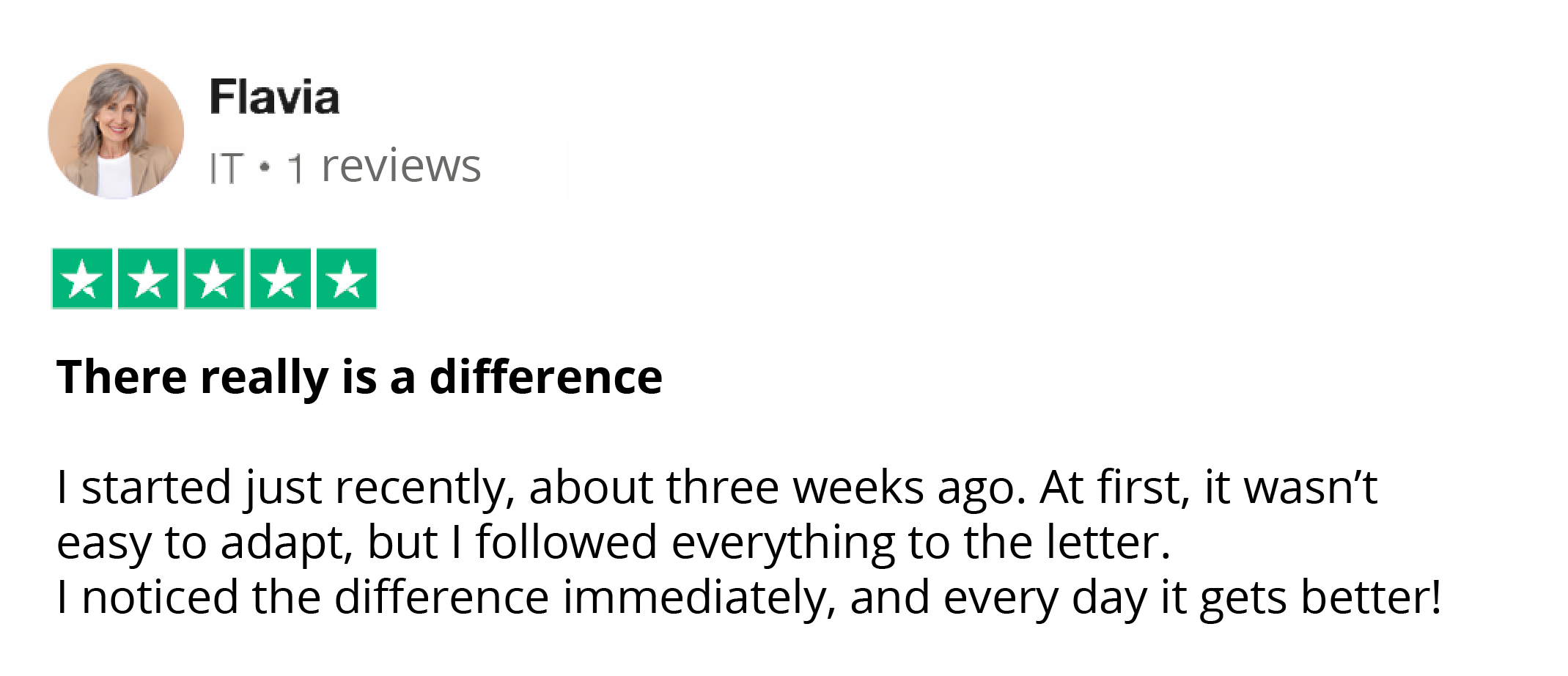
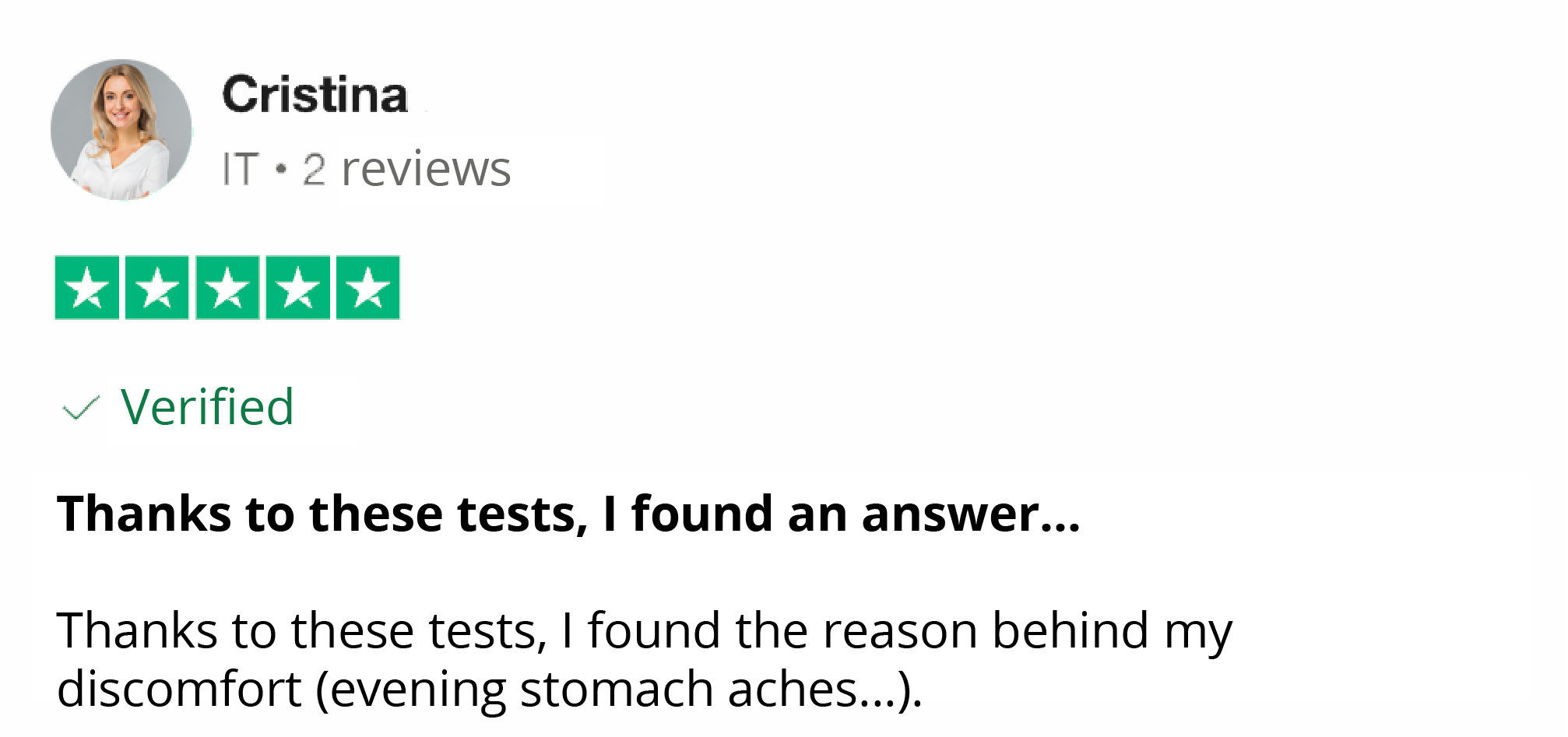


How does it work in practice?
Fill out the form and you will conveniently receive your personal kit at home, with everything you need to perform the test.
The kit contains a clear, illustrated guide. The sample collection is simple, quick, and non-invasive: it only takes a few minutes
In the package, you will find a prepaid envelope for free sample pickup. We take care of everything.
In about 7 days, you will receive a complete medical report by email, highlighting the food groups that contribute to inflammation. Along with the report, you will also receive personalized dietary advice to improve your diet and address the symptoms.

Frequently Asked Questions
Yes. The test was developed by GEK Lab and is performed in their own laboratory. It is based on innovative and clinically validated markers, selected from the most recent scientific evidence. The test does not merely detect generic antibodies but measures the individual inflammatory response to specific food groups, providing a much more accurate and useful analysis for those suffering from chronic disorders such as cistitis. The Recaller Medical Program is currently used by doctors and nutritionists throughout Italy to personalize dietary therapies with a scientific, safe, and validated approach.
No, a medical prescription is not required.
The test can be ordered directly online and will be conveniently delivered to your home, along with all the instructions to collect the sample easily and safely.
However, if you are under the care of a doctor or nutritionist, you can share the test results with them to integrate the data into your treatment plan.
The report is clear, detailed, and designed for clinical use as well.
The PerMè Medical Program provides valuable insights for those suffering from thyroid disorders and recommends a diet that supports thyroid function. Variations in thyroid levels involve inflammatory, metabolic, environmental, and genetic factors. Metabolic changes and thyroid dysfunction can also result from excessive intake of simple sugars, sweeteners, and alcohol. Through the measurement of the BAFF cytokine, which is associated with autoimmunity, and the analysis of early sugar-related damage, the PerMè Medical Program offers crucial information for adopting a balanced and personalized diet—essential for proper thyroid balance. Personalizing nutrition helps reduce inflammatory triggers and improves thyroid function
No. The personalized dietary recommendations included in the medical report involve a controlled rotation of foods that cause inflammation, but never their complete elimination, which could be counterproductive.

